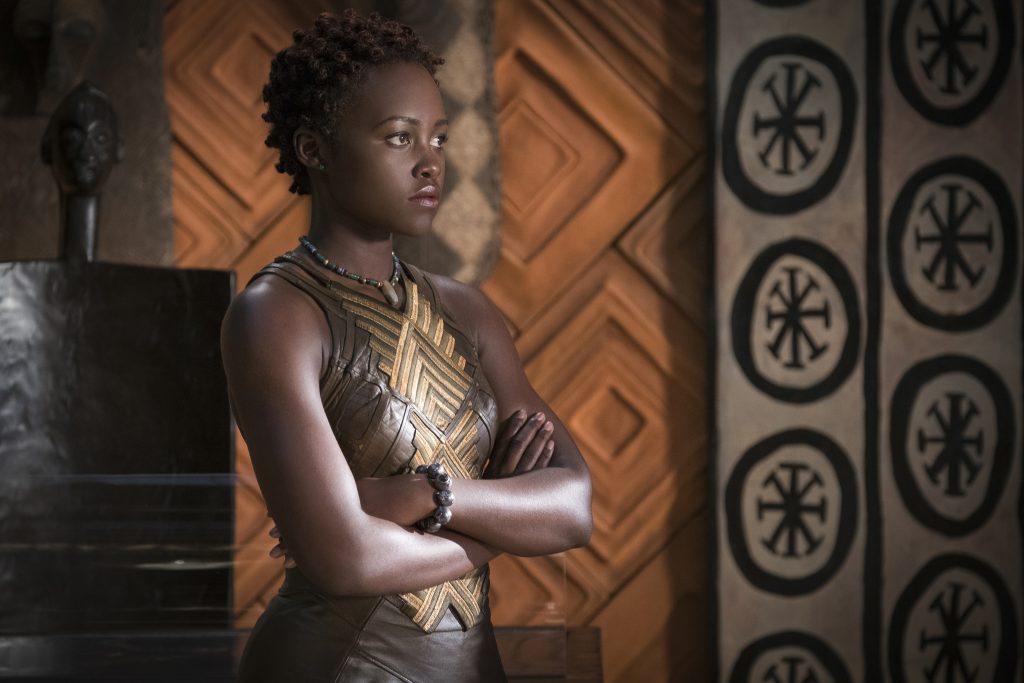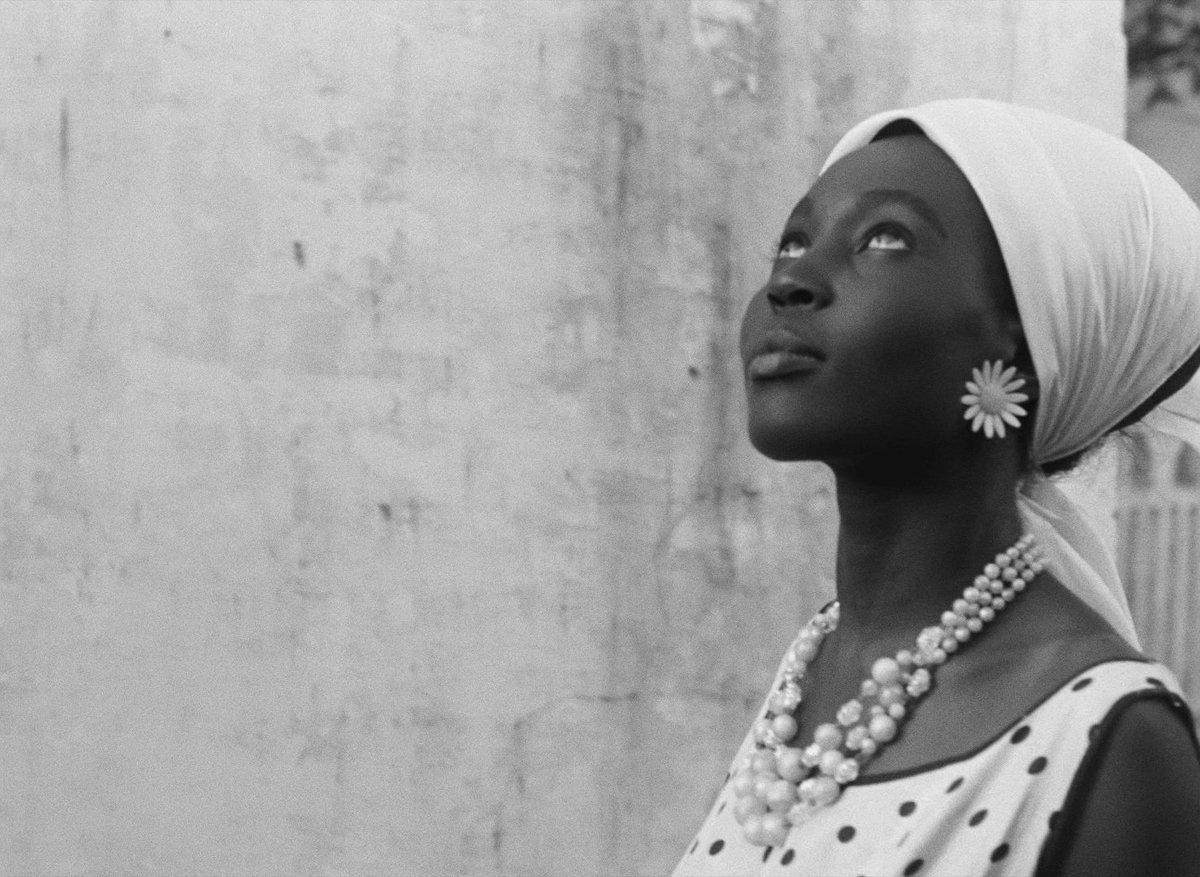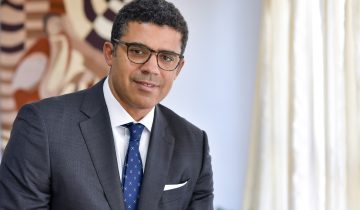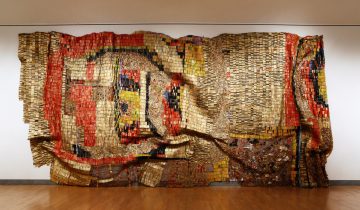Celebrating African Art in Cinema: The Pan-African Film Festival
The world of cinema has long been dominated by the traditional powerhouses, with Hollywood and European filmmaking taking center stage. However, throughout history, there have been vibrant and dynamic film industries in other regions that have captured the hearts and minds of audiences around the globe. One such emerging gem is African cinema, which has been steadily gaining momentum and recognition on the international stage. This wondrous world of artistic expression is deserving of a closer look, and what better way to do so than by exploring the prestigious Pan-African Film Festival (PAFF)?
A Brief History of African Cinema
African cinema has its roots in the early 20th century, with the first locally produced films emerging in the 1920s. However, it was not until the 1960s, during the era of independence and decolonization, that African filmmakers truly found their voice. Pioneers such as Ousmane Sembène, Djibril Diop Mambéty, and Souleymane Cissé laid the groundwork for the rich and diverse cinema that would come to define the continent.
Importance of Representation in Film and Art
Representation is critical for any artistic medium, as it allows for a plurality of voices and stories to be heard. This is especially true for film, which has the power to shape our understanding of the world around us. By showcasing the unique experiences, cultures, and perspectives of African artists and filmmakers, we can enrich the global cinematic landscape and foster cross-cultural understanding.
Introduction to the Pan-African Film Festival
The Pan-African Film Festival, an annual event held in Los Angeles, California, serves as a celebration of African filmmaking and the intersection of cinema and visual art. Founded in 1992, the festival’s purpose is to promote cultural understanding, raise awareness of African art and cinema, and inspire a new generation of filmmakers and artists. Through showcasing the best of African film, the PAFF plays a vital role in amplifying the voices of African artists and filmmakers on the world stage.
The Pan-African Film Festival
The PAFF has come a long way since its inception, evolving from a modest gathering of film enthusiasts to a prestigious event that attracts thousands of attendees each year. The festival is structured to include screenings of feature films, short films, and documentaries, as well as panel discussions, workshops, and art exhibitions.
History and Development
The PAFF was founded by actor and activist Danny Glover, actress Ja’Net DuBois, and filmmaker Ayuko Babu, who shared a passion for promoting African culture and art. Over the years, the festival has expanded its reach and grown in stature, attracting top talent from across the continent and around the world.
Structure and Organization
The festival is organized into various categories, such as narrative features, documentaries, shorts, and animation, with awards being presented to the best films in each category. In addition, special awards are given to recognize outstanding contributions to African cinema and art, such as the Lifetime Achievement Award and the Africa Channel’s Visionary Award.
Showcasing African Art in Cinema
The PAFF is a unique platform for African filmmakers and artists to showcase their work, highlighting the fusion of visual art and filmmaking. By celebrating the diverse and vibrant artistic expressions found in African cinema, the festival encourages cultural exchange and promotes the unique voices of African artists.
The Fusion of Visual Art and Filmmaking
African cinema is characterized by its rich visual language, with filmmakers often drawing inspiration from the continent’s diverse artistic traditions. This can be seen in the striking aesthetics of films like Yeelen (1987) by Souleymane Cissé, which incorporates elements of traditional Malian art and culture, and Black Girl (1966) by Ousmane Sembène, which uses visual motifs to explore themes of identity and colonialism. By showcasing films that celebrate the intersection of visual art and cinema, the PAFF shines a light on the unique artistic perspectives that African filmmakers bring to the global cinematic landscape.
Highlighting Unique African Artistic Perspectives
The PAFF provides an invaluable platform for African filmmakers to share their stories, promoting cultural diversity and inclusivity in the world of cinema. Films like Timbuktu (2014) by Abderrahmane Sissako, which tackles the subject of religious extremism in Mali, and Atlantics (2019) by Mati Diop, a mystical love story set in Senegal, exemplify the unique narratives and visual styles that can be found in African cinema. By championing these diverse voices, the PAFF encourages a richer and more inclusive cinematic landscape.
Impact of the Pan-African Film Festival
The PAFF has played a crucial role in empowering African filmmakers and artists by providing them with exposure, networking opportunities, and resources. The festival has also been instrumental in promoting African narratives and stories on the global stage, challenging stereotypes and misconceptions about the continent and its people.
Empowering African Filmmakers and Artists
By showcasing the work of talented African filmmakers and artists, the PAFF provides them with a platform to gain international recognition and establish connections within the industry. This exposure can lead to further opportunities, such as funding and resources to produce more films, as well as collaborations with other filmmakers and artists.
Influencing Global Cinema
The PAFF has been instrumental in bringing African narratives and stories to the forefront of global cinema. Films like Queen of Katwe (2016) by Mira Nair, which tells the inspiring story of a young Ugandan chess prodigy, and Black Panther (2018) by Ryan Coogler, which celebrates African culture and heritage, demonstrate the potential for African stories to captivate audiences around the world. By promoting these narratives, the PAFF challenges stereotypes and misconceptions about Africa and its people.

Fostering Dialogue and Collaboration
The PAFF encourages dialogue and collaboration between African filmmakers and artists and their international counterparts, fostering an environment of mutual exchange and learning. This has led to co-productions and partnerships between African filmmakers and international production companies, such as the critically acclaimed film Rafiki (2018) by Wanuri Kahiu, a Kenyan-South African co-production that explores themes of love and acceptance.
Key Films and Artists Celebrated at the Pan-African Film Festival
The PAFF has been the launchpad for numerous films and artists that have gone on to achieve international acclaim. These success stories serve as a testament to the incredible talent that exists within the African film and art scene.
Notable Films that Have Gained International Recognition
Over the years, the PAFF has screened and awarded numerous films that have gone on to achieve international success, such as The Square (2013) by Jehane Noujaim, which documents the Egyptian Revolution and was nominated for an Academy Award, and Viva Riva! (2010) by Djo Munga, a Congolese crime thriller that won multiple awards at film festivals around the world.
Emerging Talents in the African Film and Art Scene
The PAFF has also played a crucial role in discovering and supporting emerging talents within the African film and art scene. Filmmakers like Amma Asante, whose film Belle (2013) was screened at the PAFF, and Nijla Mu’min, who won the Best Narrative Feature award at the 2018 PAFF for her film Jinn (2018), are prime examples of the new wave of African artists and filmmakers making their mark on the global stage.
The Role of Established Filmmakers and Artists in Mentoring and Supporting Newcomers
The PAFF has also fostered an environment in which established filmmakers and artists take on mentorship roles, supporting the next generation of African talent. Renowned filmmakers like Ava DuVernay, who has been an active supporter of the festival, and Mahamat-Saleh Haroun, a Chadian director who has served on the PAFF jury, have contributed to the development of emerging filmmakers by sharing their knowledge, experience, and connections.
The Ongoing Significance of the Pan-African Film Festival
The Pan-African Film Festival remains an essential platform for celebrating African art and cinema on a global stage. Through its commitment to promoting cultural exchange and understanding, the PAFF has played a pivotal role in elevating African filmmaking and visual art, fostering an environment in which African artists and filmmakers can thrive.
The Future of the Pan-African Film Festival
As the PAFF continues to grow in stature and influence, it will undoubtedly play an even more significant role in shaping the landscape of African cinema and art. By adapting to the changing dynamics of film production and distribution, the festival can expand its reach and support a diverse array of African filmmakers and artists, ensuring that their unique voices and stories continue to resonate with audiences around the world.
Final Thoughts on the Importance of the Pan-African Film Festival in Promoting African Art and Cinema
In conclusion, the Pan-African Film Festival is a vital institution in the world of cinema, serving as a beacon of hope and inspiration for African filmmakers and artists. By providing a platform for these talented individuals to share their work and connect with international audiences, the PAFF is instrumental in breaking down barriers and fostering a more inclusive and diverse global cinematic landscape. As we continue to celebrate the achievements of African art and cinema, the Pan-African Film Festival will undoubtedly remain at the forefront of this cultural revolution, championing the unique voices and stories that define the African experience.





 No products in the basket.
No products in the basket.